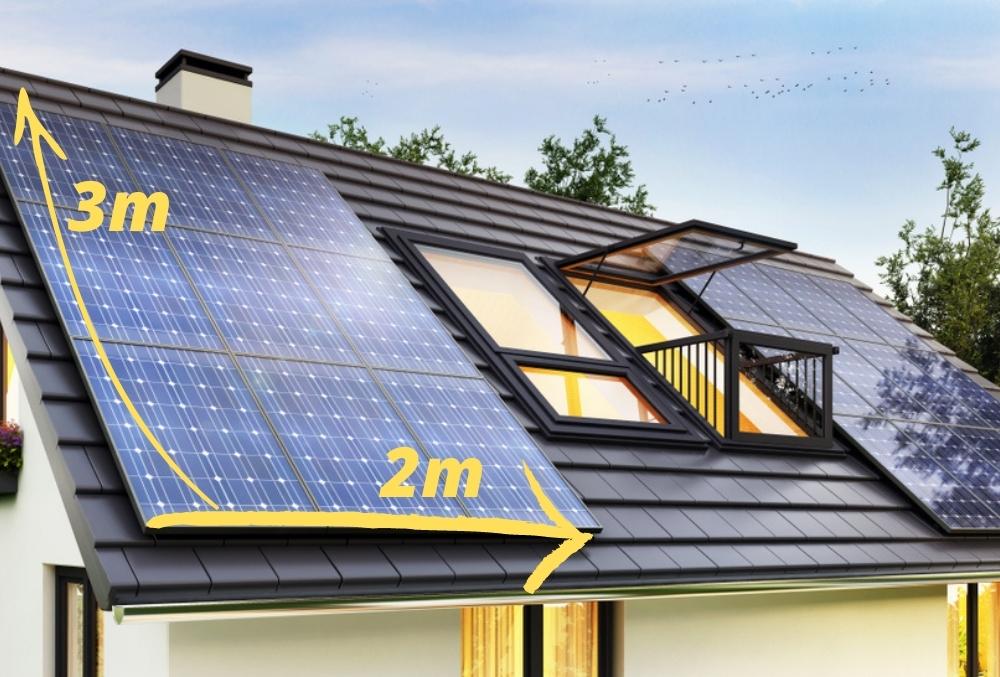Have you heard of energy storage systems for Single-Family Homes?
Energy storage systems for single-family homes are becoming increasingly popular as homeowners seek to maximize their energy independence and reduce reliance on the traditional power grid. These systems, often referred to as home batteries, allow households to store excess energy generated from solar panels or during off-peak hours for use when needed. As the technology advances and becomes more accessible, many homeowners are considering the benefits of integrating energy storage into their residential power setup.

What are home battery systems for single-family homes?
Home battery systems are designed to store electrical energy for later use in residential settings. These systems typically consist of lithium-ion batteries, similar to those found in electric vehicles, but optimized for stationary use. They can be charged using various sources, including solar panels, the main power grid during off-peak hours, or even backup generators. The stored energy can then be used during power outages, peak demand periods, or when renewable energy sources are not generating sufficient power.
How do 10 kW battery storage systems benefit homeowners?
A 10 kW battery storage system offers several advantages for single-family homes. This capacity is often sufficient to power essential appliances and systems during short-term power outages or to shift energy consumption to off-peak hours. Benefits include:
-
Increased energy independence
-
Reduced electricity bills through peak shaving
-
Backup power during grid failures
-
Maximized use of solar energy production
-
Potential participation in grid services programs
What factors influence home battery 10 kW price comparisons?
When comparing prices for 10 kW home battery systems, several factors come into play:
-
Battery chemistry and technology
-
Brand reputation and warranty
-
Installation complexity
-
Additional features (e.g., smart energy management)
-
Local incentives and rebates
-
Integration with existing solar systems
It’s important to consider not just the upfront cost but also the long-term value and potential savings when evaluating different options.
How to buy 10 kWh power storage for your home?
When looking to purchase a 10 kWh power storage system for your home, consider the following steps:
-
Assess your energy needs and usage patterns
-
Research reputable manufacturers and installers
-
Obtain multiple quotes for comparison
-
Check for local regulations and permit requirements
-
Evaluate warranty and after-sales support
-
Consider future expandability and compatibility with other systems
It’s advisable to consult with a qualified energy professional to ensure the system meets your specific requirements and local regulations.
What are the options for 10 kW battery storage for home use?
Several manufacturers offer 10 kW battery storage solutions for residential use. Here’s a comparison of some popular options:
| Product | Manufacturer | Capacity | Key Features | Estimated Price Range |
|---|---|---|---|---|
| Powerwall+ | Tesla | 13.5 kWh | Integrated inverter, Gateway | $8,500 - $10,500 |
| LG RESU10H | LG Chem | 9.8 kWh | Compact design, scalable | $7,000 - $9,000 |
| Enphase Encharge 10 | Enphase | 10.1 kWh | Modular, microinverter compatible | $8,000 - $11,000 |
| Generac PWRcell | Generac | 9 - 36 kWh | Scalable, outdoor rated | $9,000 - $18,000 for 9-18 kWh |
Prices, rates, or cost estimates mentioned in this article are based on the latest available information but may change over time. Independent research is advised before making financial decisions.
How do home batteries benefit single-family homes?
Home batteries provide single-family homes with enhanced energy management capabilities:
-
Energy bill reduction through load shifting
-
Increased self-consumption of solar energy
-
Resilience during power outages
-
Potential for participation in virtual power plants
-
Reduced carbon footprint by optimizing renewable energy use
As the technology continues to evolve, home batteries are becoming an integral part of modern, energy-efficient households, offering both economic and environmental benefits to single-family homeowners.
In conclusion, energy storage systems for single-family homes represent a significant advancement in residential power management. With options like 10 kW battery storage systems becoming more accessible, homeowners can now take greater control of their energy consumption and production. As the market for home batteries continues to grow, it’s likely that we’ll see further innovations and cost reductions, making these systems an increasingly attractive option for energy-conscious households.




